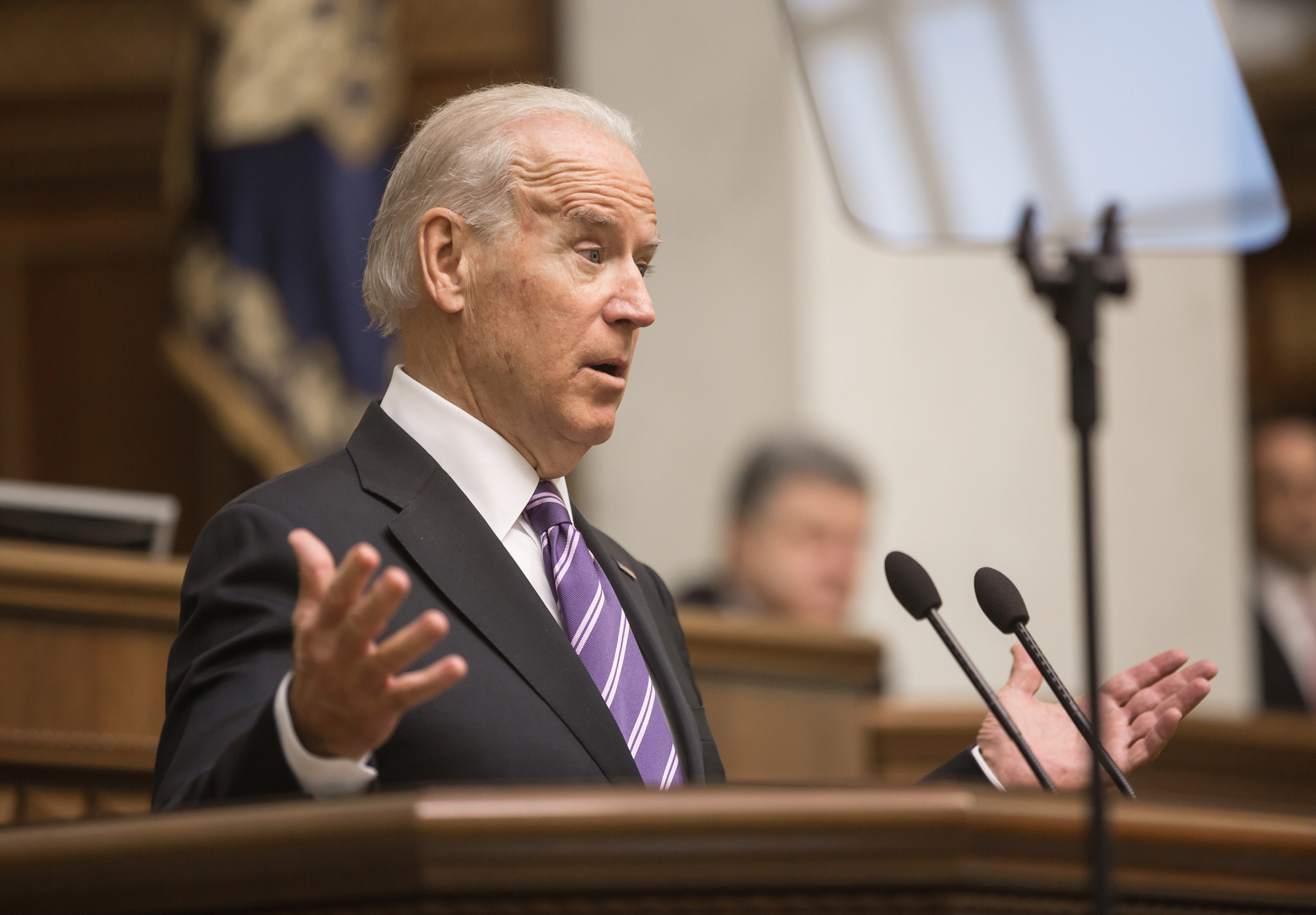The End Game in Ukraine and American Interests
Recently, President Biden said in Ukraine that he’ll back Ukraine as long as it takes. Leaving aside the question if any President can credibly make such a promise, especially one who did the Blitzkrieg withdrawal in Afghanistan, is such a position in the American interest?
I wrote earlier that “War is not simply about lethal conflict; it is about mastering the entire process of war to peace. This is not a process where the U.S. has demonstrated mastery.”
Mastery in navigating global conflict is crucial for a major power, especially in time of significant global change in which the rules of the road are being forged not applied.
I am not certain that describing the current era as a conflict of the great powers is correct; what is certainly true is that there are proliferating centers of decision making which is being expressed in multi-polarity but which decision making center is dominant on what is a work in progress.
President Biden has interpreted this a projection of American domestic politics, where he has saved American democracy against mega-Republicans. Ukraine is a “democracy” fighting the authoritarian state Russia, for survival and is seen through the lens of projecting a global fight for democracy.
As my colleague Paul Bracken recently noted this reminds him of the last time we had progressivism in power, namely with President Wilson. Wilson headed a crusade for democracy and then led the process of negotiating one of the worst peace treaties in American history, one which birthed the next war.
As Bracken told me “We have to focus on the end-to-end process of peace and war and not just on how we win the most lethal part of a conflict.”
So where is the diplomatic acuity and effort to manage American interests in the conflict, rather than simply deputizing Sheriff Zelenskyy?
As Bracken added: “The multiple decision centers are increasingly empowered by nuclear weapons. When we had a bipolar nuclear world, we struggled through crises to forge rules for the game.
“We had strategists like Kahn and Schelling who broke the government’s monopoly on strategic discourse and nuclear planning, to the benefit of much better thinking about what we were doing.
“Now we are bereft of broader strategic thought and in the early days of sorting through what the rules of conflict among the various decision-making centers might be that avoid nuclear war.”
“We are in early stages of learning to live in a multi-polar world not well described in terms projected from the American domestic political scene.
“If history repeats itself, several global players will enter the diplomatic vacuum to work different end states to the war. The United States can watch or being an orchestra conductor in a process that meets our interests.”
We face the challenge of crafting a stable order where asymmetrical multiple decision-making centers exist.
The war in Ukraine can be seen as an unfortunate and tragic event in this evolving process, one where we are not going to any time fight the “war to end all wars.”
Featured Photo: KIEV, UKRAINE – Dec 08, 2015: Vice president of USA Joseph Biden during his speech in the Verkhovna Rada of Ukraine, Kiev

